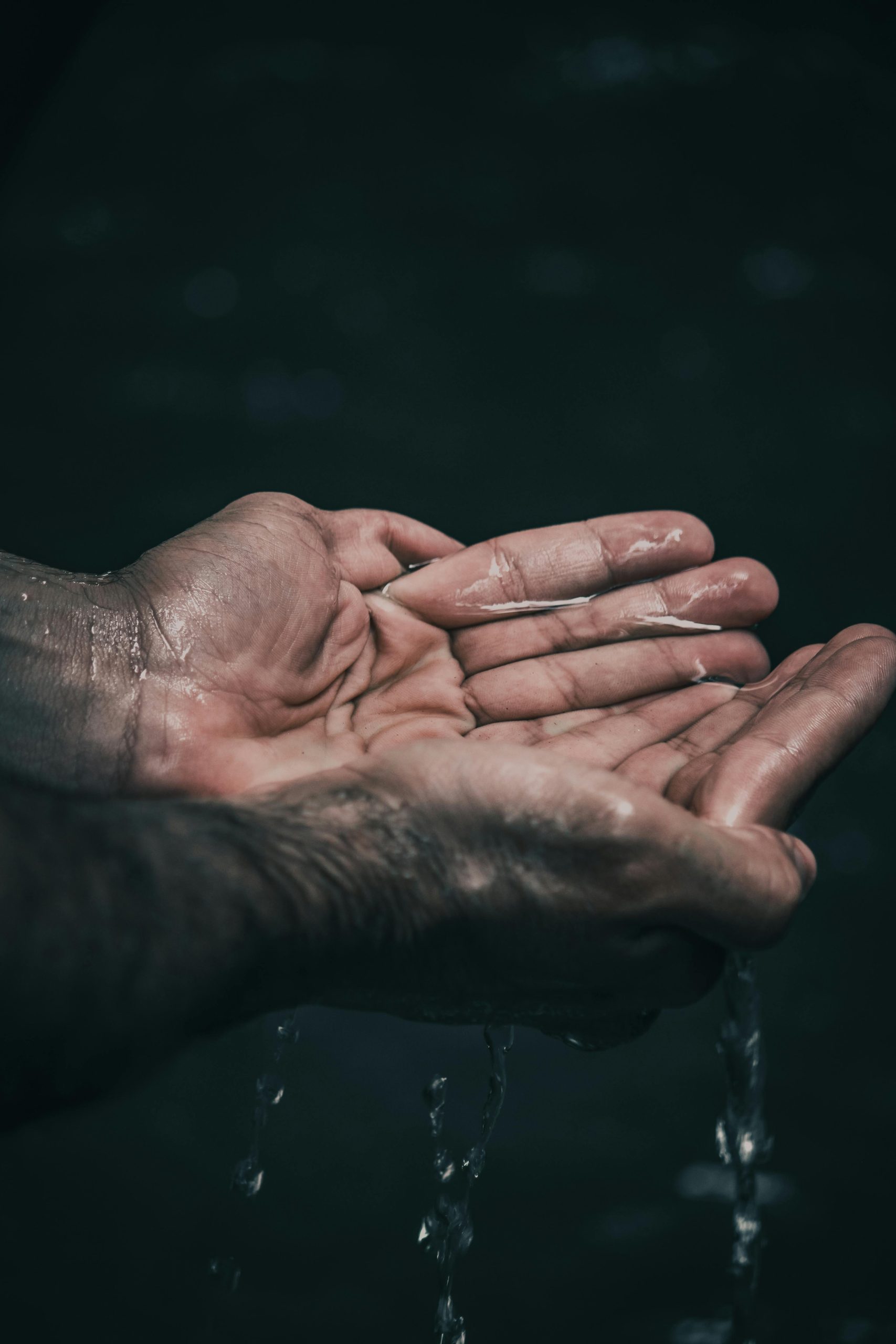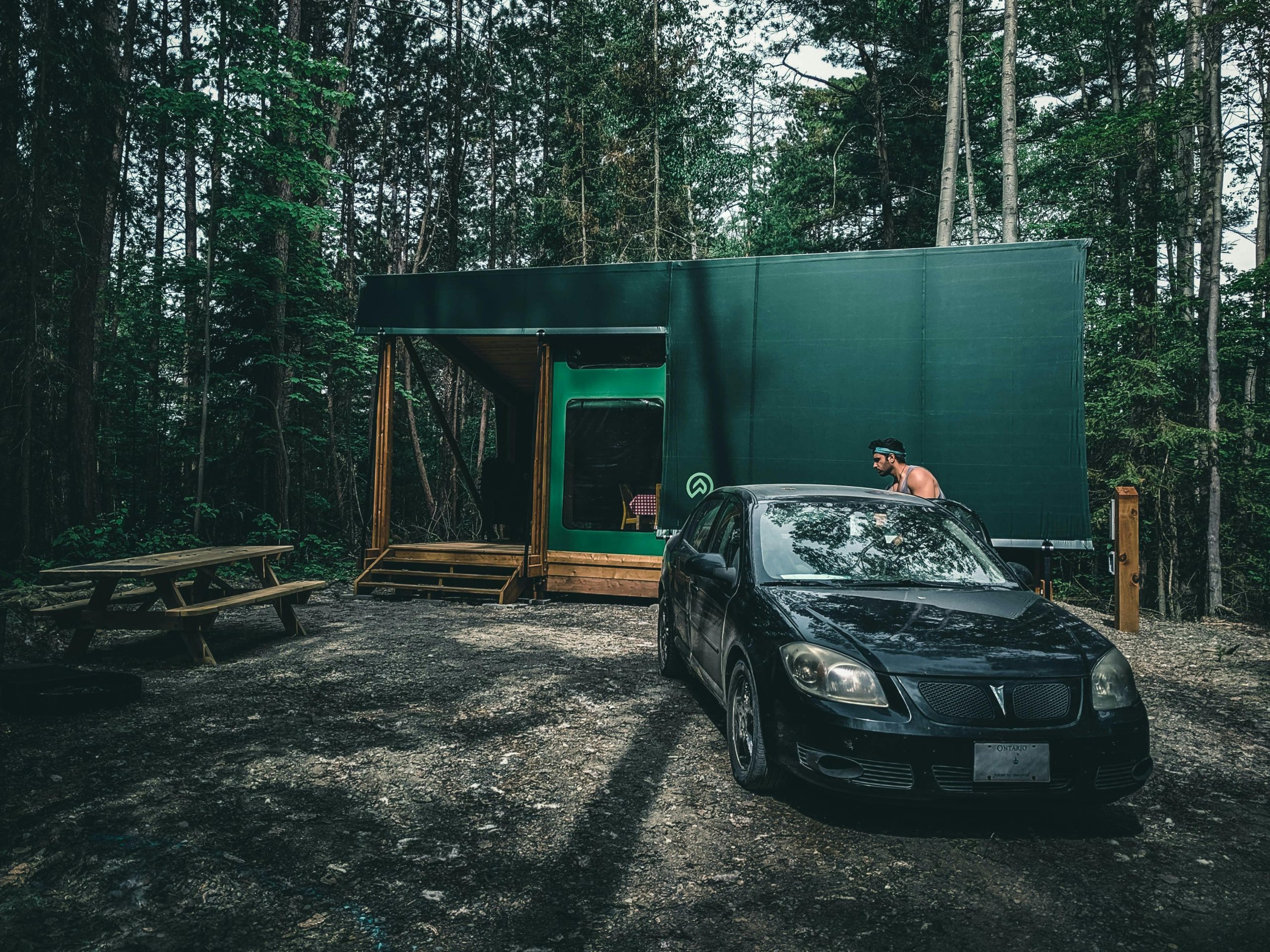Navigating Options After a Family Home Is Lost to Wildfire
Today was a devastating day for my close family in Southern California. They lost their home in the relentless wildfires that have ravaged the region, leaving behind nothing but ash and memories. With two young children to care for, their immediate focus is on ensuring their safety and well-being. Meanwhile, I’m trying to explore every possible avenue to support them as they start to rebuild their lives and finances.
Unfortunately, their insurance policy with Farmers explicitly excludes coverage for fire-related damages. This is a reality faced by many residing in high-risk fire areas, where obtaining fire coverage is particularly challenging unless a separate California FAIR plan is in place. In reviewing their policy, it appears that all listed benefits are tied to events deemed as covered perils—fire not being one of them means they might be seeing no financial relief from insurance.
In efforts to assist them, we’re planning to consult with Farmers first thing in the morning to confirm these details. My goal is to leave no stone unturned and ensure we haven’t overlooked any options that might be available.
I would be immensely grateful for any advice from others who have navigated similar situations. Currently, we’re considering aid programs and fundraising initiatives as primary solutions, given the insurance complications.
EDIT: Thankfully, it appears they might receive some coverage after all. I’ve shared a more detailed update in the comments section for those interested in following the story.




I’m truly sorry to hear about the devastating loss your family has experienced due to the wildfires. These events are heart-wrenching and can significantly disrupt lives. It’s commendable that you’re stepping in to provide support and seek solutions during this difficult time. While your initial assessment of the insurance policy suggests no direct coverage for fire, there are indeed alternative avenues for assistance and rebuilding that you may want to consider. Here are some thoughtful and practical steps and resources you can explore:
Federal Assistance: Given the severity of wildfires in California, federal assistance may be available. The Federal Emergency Management Agency (FEMA) often provides aid to families affected by natural disasters. Encourage your family to register with FEMA as soon as possible to see what resources they may be eligible for, which can include temporary housing assistance, funds for rebuilding, and other types of aid.
State Programs: The California Department of Insurance and the Office of Emergency Services may have state-specific resources and programs designed to offer aid in disaster situations. These may include financial assistance, housing options, or legal advice for affected families.
Non-Profits and Local Organizations: Connect with local non-profits such as the American Red Cross, United Way, and others that offer disaster relief services, including emergency shelter, food, and clothing. They might also have access to grants or other financial assistance programs. Community resources, including churches and local charities, can also be a source of immediate and practical help.
Fundraising: Consider setting up a verified fundraising campaign through platforms like GoFundMe. Given the personal network and the widespread impact of such disasters, these platforms can be highly effective in garnering community support quickly. Share the campaign through social media and community channels to reach a broader audience.
Legal Advice: It may be beneficial for your family to consult with a lawyer specializing in insurance disputes or disaster recovery. They might discover clauses or opportunities for recovery not immediately evident in the policy, especially if there are public programs or legal nuances that could facilitate access to some form of insurance compensation or support.
Rebuilding and Financial Planning: Speak with a financial planner or advisor who specializes in disaster recovery. They can provide guidance on how to manage existing resources and debts, loans for rebuilding, or investments and grants to look into.
Community Solidarity: Understanding the emotional toll, ensure emotional and psychological support is in place as well. Community support groups